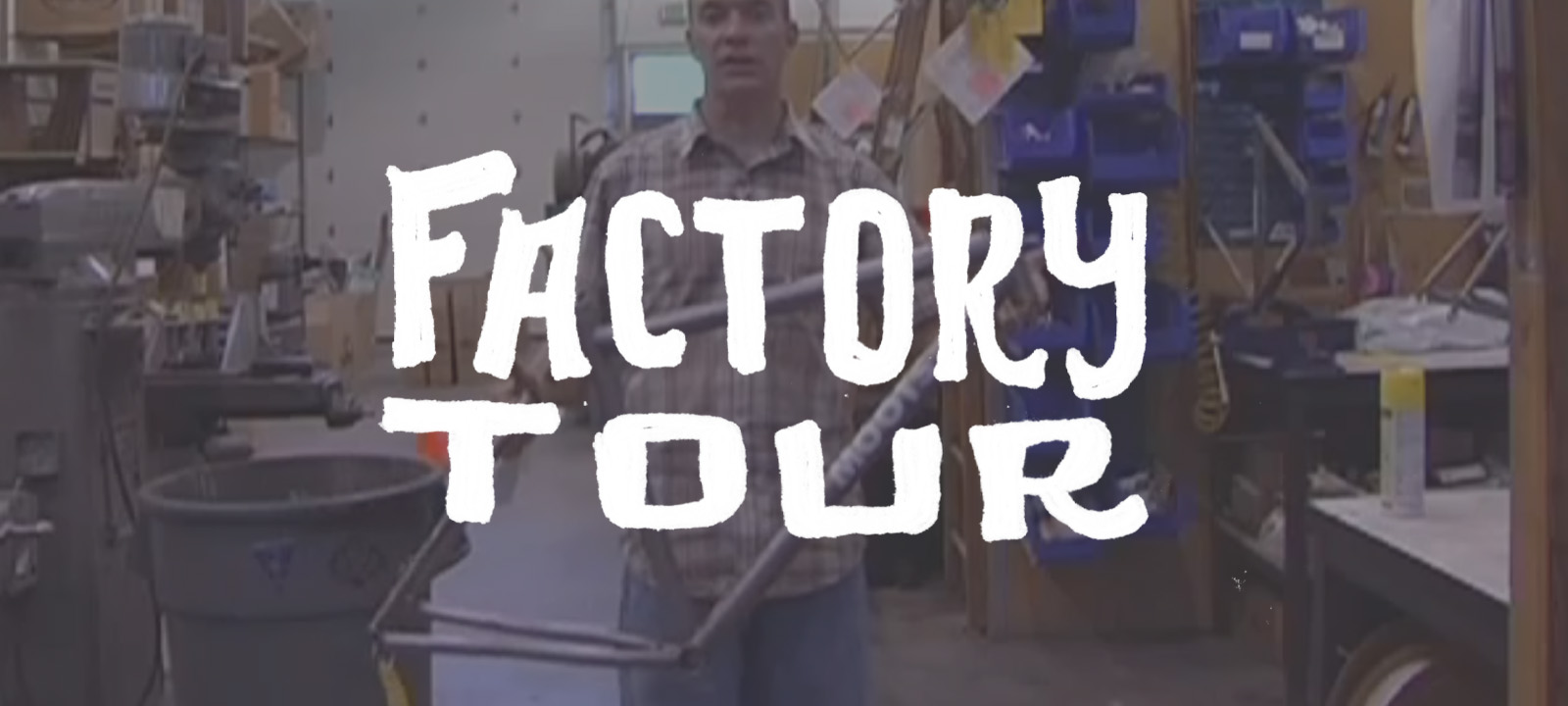Today’s interview is with Steven Capozzola from the Alliance for American Manufacturing. AAM was formed back in 2007 and is a leading advocate and powerful voice in the support of American manufacturing. They have a great news feed on their site that is an invaluable resource for US citizens, and has been for 50 BUILT. The video above is from AAM’s website.
Can you give 50 BUILT readers some background on yourself and how you came to your current position at AAM?
I’m the media director at the Alliance for American Manufacturing (AAM). I moved to Washington, DC in 2004 to work on trade policy. I had become very concerned by the ongoing loss of America’s manufacturing base. I started working at the U.S. Business and Industry Council (USBIC), and learned a lot about trade policy from USBIC’s president, Kevin Kearns. He’s a great guy, really knowledgeable, involved in the fight to save manufacturing for a long time. Eventually, as USBIC was changing, I moved to AAM to continue in media work and fighting for our factories.
What was the catalyst for AAM to form in 2007?
AAM formed because some of the nation’s largest steel companies and the United Steelworkers union (USW) were in agreement that if they didn’t band together soon and fight for manufacturing, they’d all be out of a job.
Essentially, AAM is a non-partisan, non-profit partnership of U.S. Steel, ArcelorMittal, Allegheny Technologies, plus the United Steelworkers. A great mix of smart, motivated people who are trying to get the U.S. to enforce its trade laws.
AAM has been in business for five years now. I’d say we’ve become a very honest, respected voice on Capitol Hill. We’re widely quoted when it comes to manufacturing jobs, Buy America policy, and U.S. trade with China. We brief Hill members and the Administration. In fact, I’d say we had a lot to do with President Obama emphasizing manufacturing and ‘Made in America’ so heavily in the State of the Union this past January.
AAM is located in the nations capital. How involved does AAM get in day to day manufacturing talk with our country’s leaders?
Day to day, AAM has good working relationships with many Senators and Members of Congress. We keep them posted on important news and data. Plus, we make sure they know the key points of various reports that we issue. A good example would be something like “how many jobs has the U.S. lost in the last decade due to our trade deficit with China.” We brief them on that, and then that information turns up in one of their floor speeches.
How has AAM’s input and advice been received in Washington DC?
We butt heads with some officials in DC. There is a very strong pro-outsourcing lobby in DC, for example, and we rebut their analyses and opinions whenever they spout off. Same with some misguided Members of Congress.
What can American citizens do to fight the flood of imports that threaten ‘American-made?’
Two things: Buy American-made products as much as possible (or try to avoid Chinese-made goods, which have lengthy track record for being faulty/unsafe); ask questions of your elected officials—“What are you going to do about China cheating on currency,” for example, and vote for the ones who truly understand how important manufacturing is, and are supporting legislation to enforce our trade laws.
If you could tell our readers one factor that is the greatest threat or advantage to keeping things made in America and allowing companies to succeed on our home soil, what would it be?
We’re often told that U.S. manufacturers can’t compete with other countries because they have much cheaper labor. That’s actually not the issue. Labor is typically a small part of the overall cost of manufacturing. (Steel is a good example on that—labor costs are not very significant at all). No, the reason that countries like China are able to out-compete us is because they use a number of tactics that completely violate world trade law. They artificially undervalue their currency, which makes their products much cheaper. They massively subsidize their state-owned companies in a manner that defies world trade law. They dump subsidized product in the U.S. market at below-cost prices, so as to put U.S. competitors out of business. We have to get serious about standing up to them.
Thank you so much to Mr. Capozzola for taking his time to educate us on AAM and and the American manufacturing industry.




